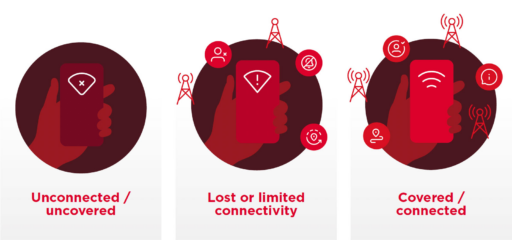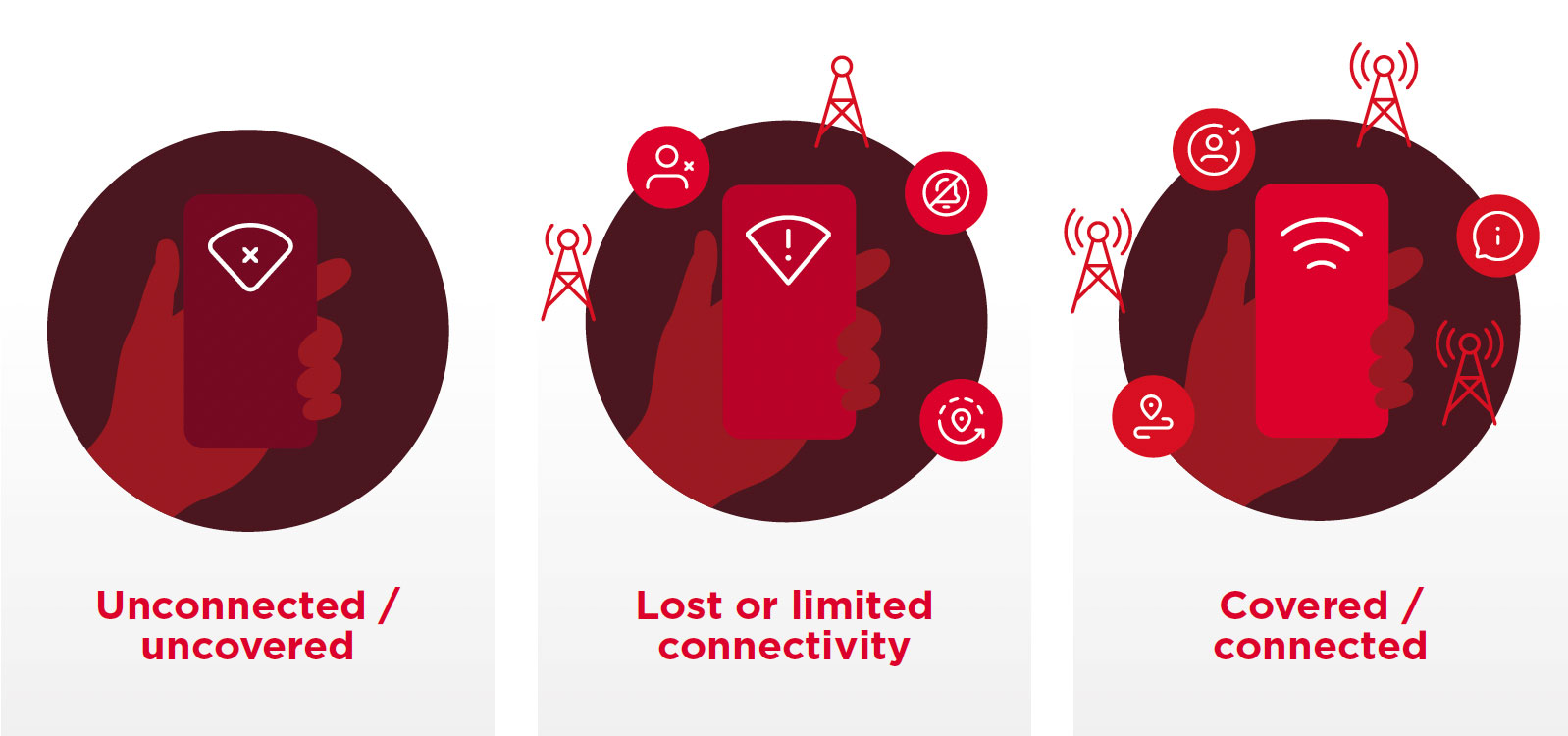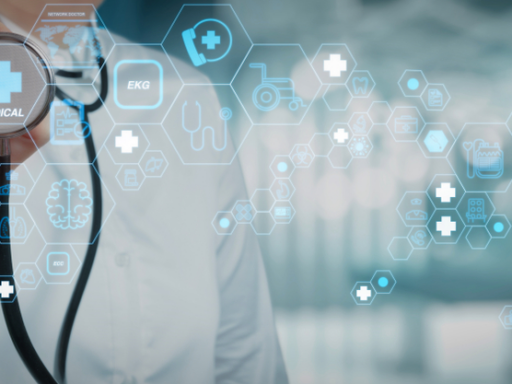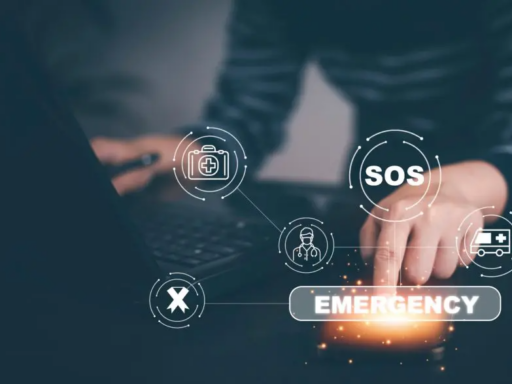When disaster strikes, communication is crucial for saving lives. Throughout history, aid workers have coordinated relief through letters, radio calls, and in-person meetings. Today, new technologies connect us in emergencies like never before.
Swift Communication Saves Lives
One crisis where connectivity proved vital was the 2010 Haiti earthquake. Satellite phones allowed aid groups to quickly learn needs on the ground. Doctors Without Borders used mobile networks to direct ambulances, finding survivors in collapsed buildings who may not have lasted through traditional coordination delays. Speedy information sharing gets help to communities when seconds count.
Technology Unites Our Shared Humanity
No one organization can respond alone in massive crises impacting millions. Coordination platforms on the web allow NGOs, governments, and volunteers to unite efforts without duplication. Shared maps and databases track aid delivery in real time so communities receive what’s missing fastest. This connectivity reminds us that in times of suffering, our shared humanity overcomes borders as we work as one to alleviate pain.
Information Empowers People
During crises, people desperately seek updates on safety and assistance. Social media, SMS alerts, and local radio keep communities informed through uncertainty. Aid groups use mobile surveys to gather residents’ first-hand accounts of damage and urgent needs. This puts power in the hands of affected populations to make choices promoting well-being.
Data Drives Compassion
To effectively serve enormous unmet needs, aid groups must understand complex realities on the ground. Drones and mobile data collection tools give a fuller picture of challenges to thoughtful planners. Satellite imagery aids damage assessments so helpers direct limited resources with wisdom. Data fuels not just logistics but empathy, as faces and stories emerge behind statistics of suffering people.
In crises, connectivity strengthens human solidarity across distances. As technologies evolve, may their application always prioritize vulnerable communities and the human dignity of all people. In suffering, our shared humanity outpaces any divide, and modern tools simply allow this bond to strengthen timely relief for our brothers and sisters in need.







